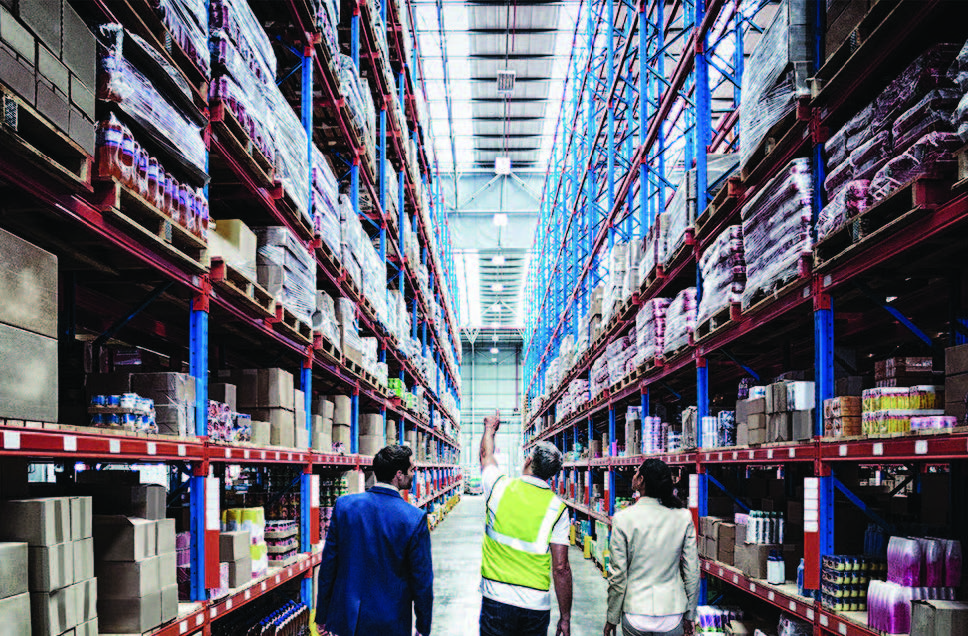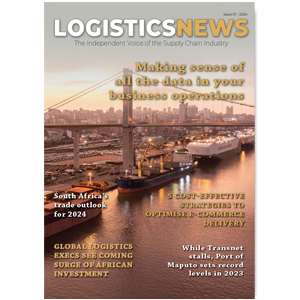Thinking of hiring a third-party logistics (3PL) partner? Here’s how to choose the right one for your business.
For e-commerce business owners, filling orders in-house may become unfeasible or unrealistic as demand grows and the business scales. When it’s no longer viable to fulfil orders in house, it’s time to turn to a third-party logistics (3PL) or fourth-party logistics (4PL) partner to outsource and expand your fulfilment strategy. Here’s what you should know about working with a logistics partner and how to choose the right one for your business’s needs.
What is a third-party logistics (3PL) partner?
Third-party logistics (3PL) partners handle outsourced inventory management, warehousing and order fulfilment for another company – usually (if not always) an e-commerce business. 3PL partners are experts with the right tools and infrastructure to maximise fulfilment logistics, which affords the merchant time to focus on other aspects of their business.
3PLs versus 4PLs
Both 3PLs and 4PLs take care of inventory management, warehousing and transportation or execution logistics.
However, they have their differences:
• 3PLs
Third-party logistics partners only focus on the outsourced operations of order fulfilment and transportation. In essence, 3PLs act as the subcontractor to an enterprise or company that maintains managerial oversight, but outsources the inventory management and fulfilment logistics of the orders.
• 4PLs
A fourth-party logistics partner handles the oversight of the logistics process in addition to everything a 3PL does. Most often, companies that choose to use a 4PL want the partner to offer strategic insight on and handle the entirety of the supply chain. 3PLs tend to be more transactional focused, whereas 4PLs aim to offer complete coordination of vendors in the supply chain at the best value. Benefits of using a 3PL
Businesses looking to use a 3PL can expect many benefits from the partnership, including:
- Gaining expertise. Businesses working with a 3PL can gain valuable insight to potential issues when shipping, make connections in the industry, learn how to better streamline processes and more. For e-commerce companies with international business, working with a 3PL also removes the stress of attempting to learn and comply with international shipping regulations.
- Saving time and money. Some of the most valuable benefits of working with a 3PL revolve around the efficiency and effectiveness of their knowledge to save you money. Outsourcing inventory management tasks to a 3PL streamlines the work and allows you to focus on other aspects of your business. In addition, your 3PL partner can identify potential costly issues in the supply chain and proactively work to mitigate the risks.
- Scaling operations. Partnering with a 3PL remains a vital step in scaling a business. With a 3PL’s help, companies can expand their reach for order fulfilment, have easier seasonal transitions, save money on resources and labour, and use reclaimed time to focus on business and product development.
How to choose a 3PL partner
Choosing the right 3PL partner for your business involves several considerations, and it’s important to not focus on a single metric such as cost alone. To that end, think through the following list when researching and talking to potential partners:
• Security
Not only should your 3PL have all necessary safety training and compliances for its employees, it should also ensure protection of your data and resources. Partners who have certifications will take safety and security seriously.
• Good customer service
Part of a healthy business relationship is respect and good customer service. 3PLs with eager-to-help, creative, problem-solving team members can save you money and provide an enjoyable working relationship.
• Scalability
It’s important to plan for the future and choose a 3PL that can handle your expected growth. All other factors considered, the 3PL you choose should be able to propel your business forward and keep up with constant growth, not struggle to keep up.
• Customisation
Depending on your industry, you may need varying levels of customisation for your business. Ensure your chosen 3PL partner knows exactly what you expect when it comes to customisation, whether it’s multichannel capacity or customer experience.
• Compatible technology
Along with scalability and customisation, ensure the 3PL has enterprise-level technology to keep up with your business’s demands, needs and changes. It’s also important that the 3PL has a knowledgeable IT team to help troubleshoot any issues.
• Positive reputation
The right 3PL partner not only meets all of your current and future business needs, but also has a positive reputation in the industry. 3PL partners can connect you with a larger network of vendors such as marketing agencies, packing vendors and more.




